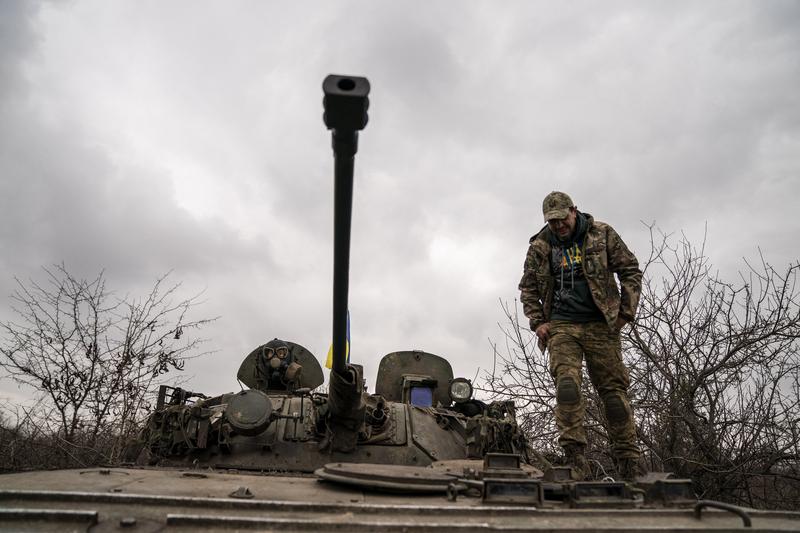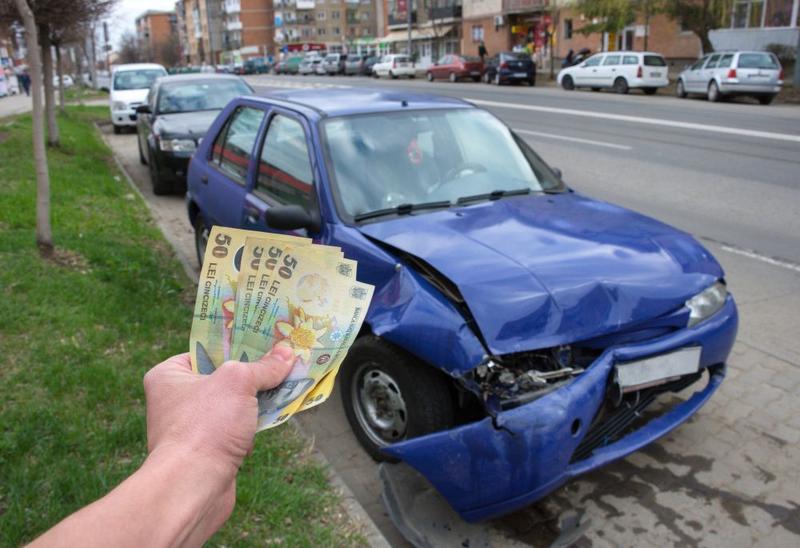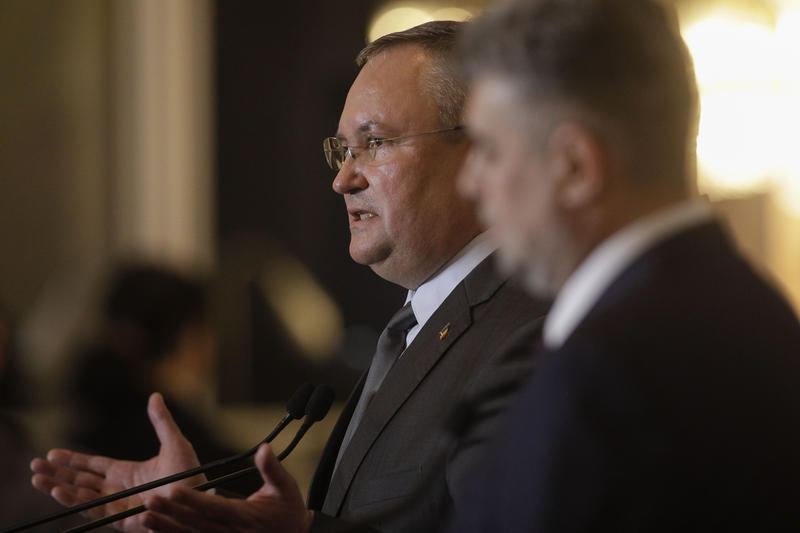The separatist republic of Transdniestr in the eastern part of the Moldovan Republic organizes a referendum on the independence of the region on Sunday. The region is planned to join Russia later. The West and Romania are facing Russia as far as the legitimacy of the referendum and the its consequences on regional stability are concerned.
The referendum will ask some 400,000 voters two questions: “Do you support the effort towards Transdniestr independence, to be followed by its freely accepted union with the Russian Federation?” and “Do you find abandoning Transdniestr independence, to be followed by its integration with the Moldovan Republic, acceptable?”
Observers already know the result given the popular support for the separatist regime of Transdniestr leader Igor Smirnov.
But the recognition of the referendum results depends largely on their international recognition. And authorities in the local capital of Tiraspol can only bet on the support of Moscow. “Russia has received from God the right to defend all the oppressed and it’s doing it for centuries”, Smirnov argued in a press conference in favor of the independence.
Transdniestr proclaimed its independence towards the Moldovan Republic in 1990 due to fears that the former Soviet republic will unite with Romania.
The move was followed by a short but bloody conflict that established the current status-quo: a Mafia-style, cvasi-dictatorship dominates in Transdniestr, which froze its links with the Moldovan Republic and set a long-term presence of Russian troops from the 14th Army of the USSR.
Tiraspol has repeatedly organized referenda for independence over the past 15 years, but none was recognized internationally. However, the Sunday one may have a deeper impact.
Russia is at a peak of its diplomatic and economic offensive to regain control over the sphere of influence of the ex-USSR.
So far, Moscow maintained its influence in the CSI with help of friendly governments and its current interest is not to lose this support, and in a region where Ukraine and the Moldovan Republic are more and more oriented towards the EU, Moscow needs friends in Transdniestr, as political analyst Jonathan Edelstein points out.
Still, Russia was rather cautious and ambiguous in the case of Transdniestr in the recent past and a top Russian diplomat, Valer Kenyaikin, appealed recently to a re-launch of the negotiation process between Tiraspol and Chisinau, thus suggesting that Russia does not plan to integrate the separatist territory.
That did not cool down separatist leader Smirnov, who said Transdniestr had only one choice, given the “Russian mentality” of the people on the left bank of the Dniestr river. And he promised a more intense flow of Russian capital in the regional economy after the September 17 referendum.
So far, the European Union, the Council of Europe and the OSCE said explicitly they did not recognize the referendum as what counts most for them is stability in a region in the proximity of Romania, a country due to join the EU next year.
Despite a lack of recent reactions, the US also said clearly that they “supported the integrity of Moldova”. And in Bucharest, the Romanian Foreign Ministry said the referendum is a diversion and an open attack against efforts by the international community to find a political solution for the crisis in the Transdniestr.



















